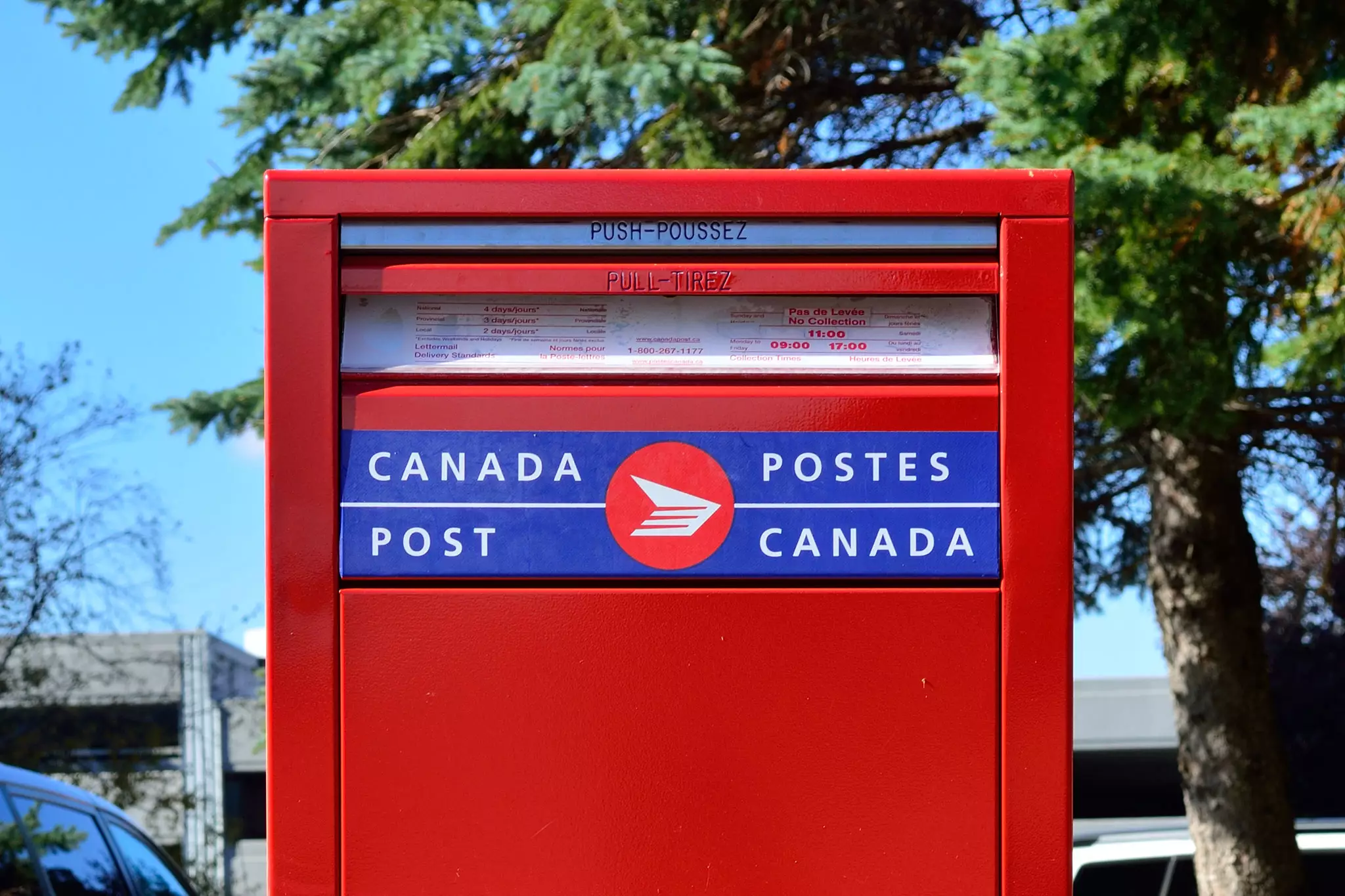Canada Post Offers Final Deal to Workers After Losing $1.3 Billion in 2024
Canada Post says it lost almost $1.3 billion last year as it gave its final offer to the union representing 55,000 workers. Talks started again on Wednesday.
The postal service has now had seven years of losses in a row, totaling $3.8 billion since 2018.
In its latest offer to workers, Canada Post promised to end forced overtime, give signing bonuses ($1,000 for city workers and $500 for rural and suburban workers), and offer cost-of-living payments sooner when inflation rises.
It is still offering a nearly 14% raise over four years. But it also wants to hire part-time workers to deliver on weekends, which the union doesn’t agree with.
Canada Post also wants to try a new system called “dynamic routing” at 10 locations. This would change mail carriers’ routes daily, depending on how many parcels need to be delivered.
A government report earlier this month supported these changes. It said Canada Post is in serious trouble and may not survive if things don’t change. The report added that both Canada Post and the union must adapt to the changing world.
A strike last fall over the same contract talks cost the company $208 million. Since then, parcel delivery revenue dropped by $683 million (about 20%).
Even though the union was allowed to strike again last Friday, they chose to ban overtime instead. But the threat of strikes has scared customers away. Canada Post says parcel numbers are down 65% compared to last year.
The company got a $1-billion loan from the federal government in January to stay open.
Many workers say they feel the system is broken. Lorraine Muller, a former letter carrier now working in a sorting facility in Montreal, said workers are not being treated fairly and that big changes are needed.
She suggested that Canada Post could offer banking services in small towns, like postal services in other countries do.
“Many of us care deeply about public service,” she said. “But stop pushing away our customers.”
Last fall, many shipping companies stopped using Canada Post during the strike. While some came back, many are now choosing other couriers to avoid problems.
Timothy Byrnes, who owns a delivery company, said his business was better prepared this time around for the extra customers.
Some workers now worry about job cuts. The new plan to use more part-time workers on weekends could mean fewer hours for full-time workers during the week.
Stephanie Ross, a labour expert at McMaster University, said this could cause conflict among workers. Some might support the idea of permanent part-time jobs with good pay and benefits, but others may see it as a threat to full-time work.



